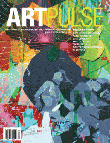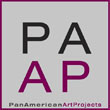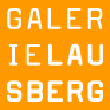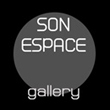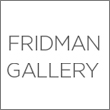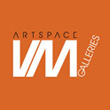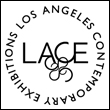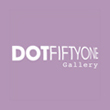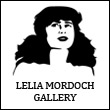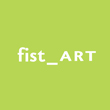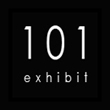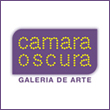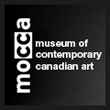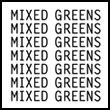« Reviews
Marc Bijl: Arrested Development
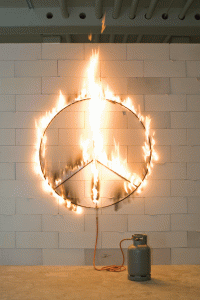
Marc Bijl, Burning Peace, 2004, metal peace sign, gas bottle, rubber hose, diameter 39.3”, Courtesy of the artist and Upstream Gallery, Amsterdam.
Domus Artium 2, Salamanca - Spain
From Cynicism to Irony as an Aesthetic Attitude
By Andrés Isaac Santana
Marc Bijl’s first solo exhibition in Spain, curated by Javier Panera and Paco Barragán at the DA2 in Salamanca and entitled “Arrested Development,” mostly functioned as a retrospective. Among objects, sculptures, installations and videographic documentation of urban interventions, a path is woven that highly challenges the central powers and the cultural philosophies. Globalization, hegemony of the symbol, neoliberal rhetoric, and religious credos cease being sterile syntagmas in order to create the aesthetic rigor which offers them up for discussion in an attempt to disarm any notion of political correctness. The final result is an authentic metaphor that narrates the angst and autism of contemporary man, the consequence of multiple imbalances and foolish acts in the social fabric that sustains our daily existence. The reactionary undercurrents, be they sexual, racial, political, religious and/or cultural, are revealed in the emphatic perimeter of a work that - at least in essence - does not allow contemplation.
Power, of whatever kind, and its mechanisms of persuasion or antidemocratic reaction vis-à-vis freedom of desire and free choice, is another area in which this artist’s work meddles; hence, the ironic-parodic use that he makes of logos, such as, Nike, Coca Cola or Microsoft, in a gesture that dismantles and challenges their hegemonic nature as invasive agents in the public arena, a space that, as its name implies, belongs to all of us. Anti-establishment, subversive activities, taking place in the plane of illegality at the risk of condemnation, have played a major role in his work leading to an oeuvre of intervention and revision in which he manipulates the corporate identity of infinite marketing brands, altering their meanings or diminishing their persuasive abilities and symbolic profitability. “When Bijl,” note the curators of the show in a press release, “intervenes in the informative posters of leading marketing brands, altering their identities or subverting their meanings, he is actually employing the same strategies as the companies that invade and privatize public space transforming it into commercial space.” Evidence of these “operations to change the original meaning,” can be found in actions carried out by the artist between 2002 and 2005.
On the one hand, there is the strategy of altering the original narrative focus without having the object lose its cultural connotations; while the other warns of violence, deceit and the great pretense that is woven between the great brands of international industry and the political discourses that use these same mechanisms to control their electoral campaigns and demagogy. Javier Panera notes, in the same press release, that Marc Bijl, “attacks the superficiality of the mass media advertising symbols and the pop myth, creating a personal fantasy based on icons from the recent history of art that he combines with countercultural movements like punk, gothic rock (it is not in vain that he is the bassist in the Dutch band Götterdämmerung) and situationism or anti-global activism.”
In this sense, a piece from this exhibition, because of its allegoric quality and frontal honesty, appears to me like an icon within the oeuvre of Marc Bijl and, at that level and intensity, it is positioned as an emblem of postmodern culture in which the heroism of weakness or the enjoyment of failure refutes the great utopia of the modern hero, often recognized in the role of an artist. In All the World Is a Stage (2005), a scene - in which a Batman, a kind of alter-ego of the artist holding an electric guitar, a cigarette in his mouth, looks downcast, confronted by his own indolence and transgression - is consummated by the power that stimulates it, the Shakespearean maxim, which reveals the theatricality and falsehood of all human acts of subversion. The mechanisms of culture are stronger than the utopian energies that dwell in it. A posture of absorption corresponds to each cry of demand; a posture of suffocation, to each revolt. Power may be challenged, but it always overtakes us…
Andrés Isaac Santana: Art historian, writer and essayist residing in Madrid. Author of several books on contemporary art and culture, he collaborates with publications, such as: Atlántica Internacional, Art.es, ArtNexus, Museomanía, ArteCubano, ART NOTES, ArteContexto, among others.
Filed Under: Reviews

